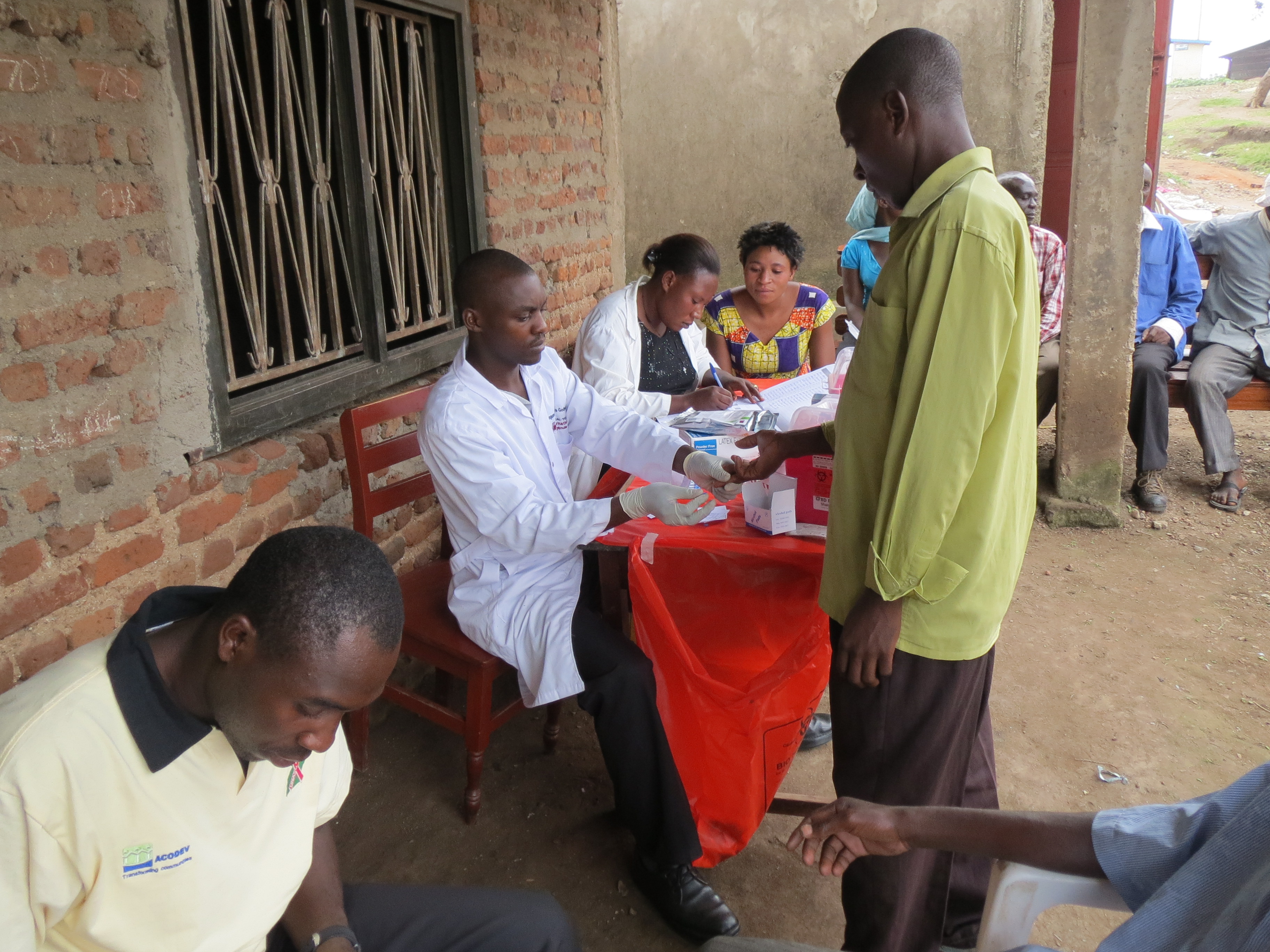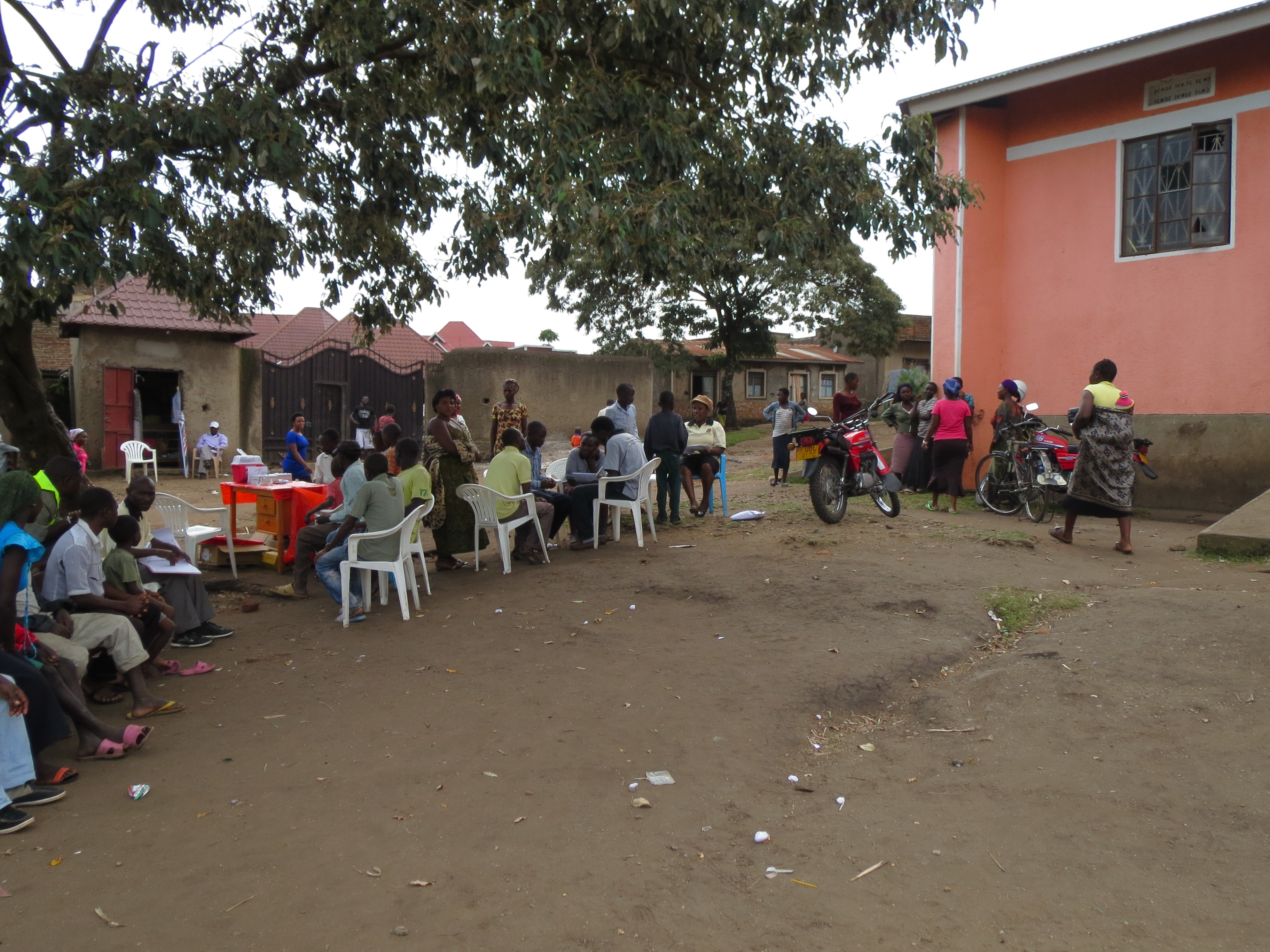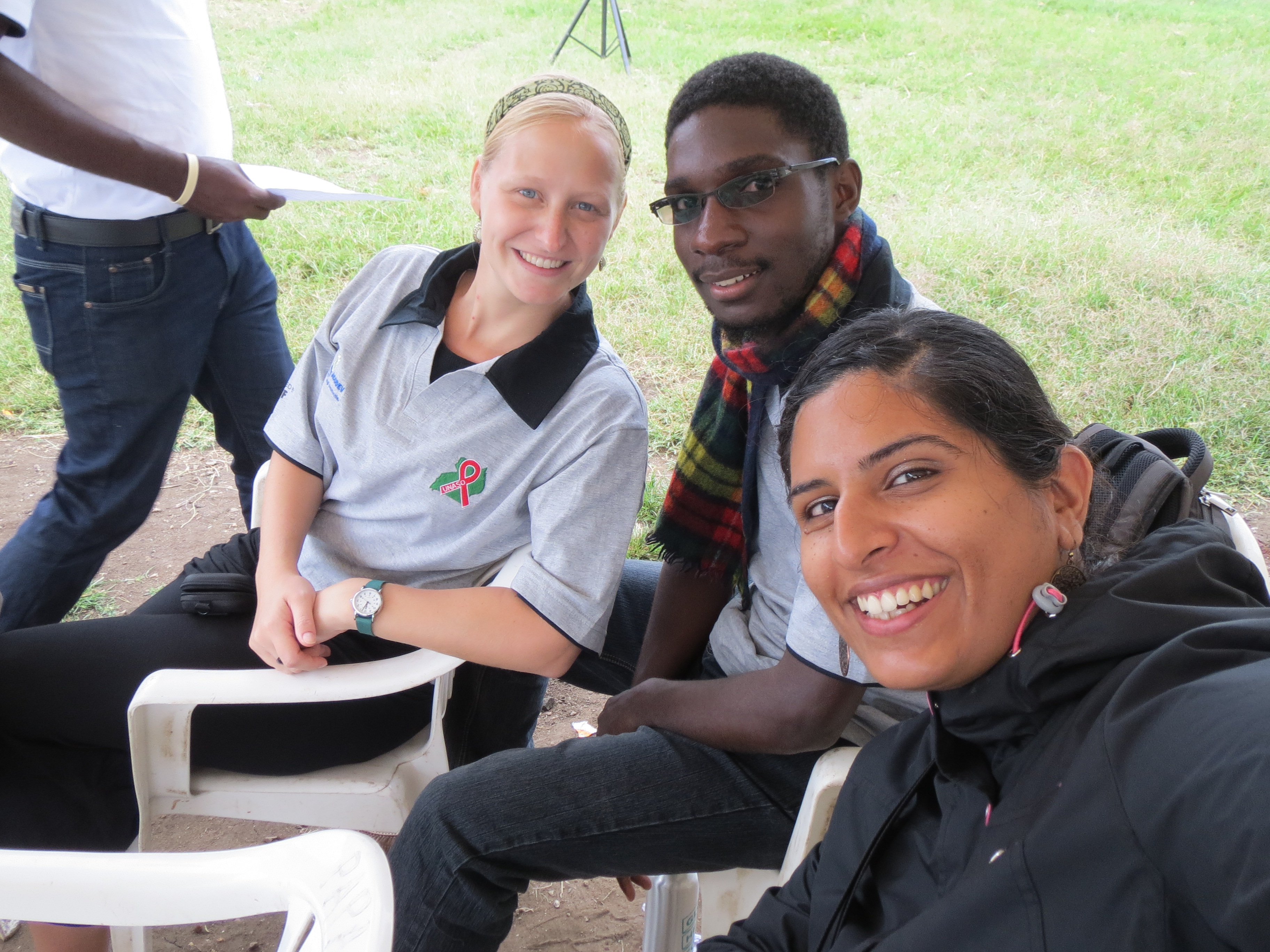“A lion that kills, is one that does not roar”, goes a famous Savannah grassland African saying. “It is one that crouches and lays quietly in the calmly swaying savannah grasses, patiently crawling behind its unsuspecting victims”, goes the saying with further elucidation. The savannah grassland residents’ question then is, “what if we burnt down the savannah grasslands thereby exposing the plains for what they really hide in as much as there would be loss of beauty portrayed by grassland? Would the enemy lion fear to attack for lack of surprise or will the village be better placed to the see the enemy lion from afar and therefore better protect itself or prepare for the impending attack? Maybe not true but the question still stands; what if, just what if it would work?
One of the most highly coveted phenomenon in the struggle against the HIV/AIDS global scourge has been The “Zero new-infections” dream. With several interventions used including the legendary but rather youth-unconventional “abstinence-before-marriage”; the practical “be-faithful-to-your-partner”; the religiously contested but practical use of condoms; medical methods like prevention of mother to child transmission and after exposure treatment; and the latest entrant to several African societies, the “safe-male-circumcision”. These HIV prevention techniques are generally well communicated and without doubt, if they were all used comprehensively, we can greatly narrow the fight against new HIV infections.

No pandemic has ever received the global awareness and concerted effort as HIV/AIDS. Today, as global citizens, we have never been better placed to fight and win against the HIV/AIDS pandemic. The technology available, the relative mass knowledge of the disease and the global will to stop the AIDS scourge has never been bigger or better. What seems to be a paradox is that while humongous efforts are being directed to the fight against the pandemic, we seem to have reached a stalemate, probably even slightly worse. Even with the better technology, the global will to fight HIV/AIDS, all these several ways of mitigating its spread (the ease of which varies from method to method and from region to region), there is still a rise in HIV infections that cannot go unnoticed in some regions of the world. According to one World Health Organization report there were about 2.3 million new infections in 2012 or more than 6,300 new HIV infections per day in the world over. The Uganda HIV/AIDS cases have risen from a 6.5% HIV prevalence rate to 7.2% in the last 5 years. What could be amiss in this movement against HIV, or what can be bettered to tip the scale in humanity’s favor?
Sadly one of the biggest hindrances to the fight against HIV/AIDS is the stigma or the fear of stigma that comes with finding out one has the infection. My experience in rural Uganda with Action for Community Development (ACODEV) is one that has shown that the masses believe people who voluntarily go for HIV testing–besides the “brave” and the pregnant mothers (because it is “mandatory”)–are those who have probable worry for contracting the disease; therefore they could have been involved in “inappropriate sexual behavior”. HIV is, thereby, associated with flawed morality. These presumptions are so strong that some prevention techniques, such as condoms, have even been discouraged by some sections of society, claiming they encourage sexual immorality. The other fear, and rightfully placed fear I should add, is that HIV/AIDS has no known, and medically accredited cure. Contracting the infection is unfortunately equated with death by so many in these regions. Therefore, the stigma and the fear of stigma are so great that many will never get tested for HIV. They would rather live in denial or self-stigmatize (choose to exclude oneself in pity or regret) and die to a disease we have learned to both positively live with and mitigate its adverse effects on individuals, families and communities.
With several other dynamics around the fight against new infections, I now wonder what the net effect of mandatory testing would be? One human right question that currently prevails in Uganda, and the world today, has to do with voluntary versus mandatory testing. Debates, some amicable and others quite animated, within Uganda’s Parliamentary plenaries and civil society have tried to determine whether it is morally right or wrong to mandatorily test the community. Now they are asking who should have the final say on the HIV-testing question. Is it those who are directly affected by HIV or those indirectly affected? Should it be those who suffer currently or those fighting day and night to stop the scourge?
Unfortunately, I have no answer to the voluntary versus mandatory HIV-testing question. However I categorically believe HIV is both a personal challenge affecting the well-being of an individual and a communal problem challenging the very existence of harmony and productivity of communities. Yes, HIV does cause a health burden to individuals, even causing premature death, but it also causes a social and economic burden to the communities responsible for caring for the AIDS victims and the orphans left thereafter. HIV/AIDS has destroyed untold dreams and hopes and ripped communities of potential economic development by prematurely causing the death of highly productive members of society. Yes, HIV/AIDS has orphaned millions and created vulnerability, but the disease has also taken sons and daughters, now threatening the very existence and future of these communities.

I believe HIV/AIDS has ceased to be a disease that simply affects bodies and health, and has now mutated to one that violently takes the dignity of life from the past, the serenity and harmony of the present and the hope and dreams of the future. No one-man is responsible for this pandemic and therefore no one-man army can fight it. No single individual has the right to own responsibility of this disease or even decide the next step forward. Let us share the burden with dignity, expose the disease for what it really is, and know the scope of our fight. Everyone needs to know their HIV status and how they can help in the fight. “If you think you are too small to cause a difference, then you have never had a night with a mosquito”-African proverb.
I do not know whether mandatory HIV-testing would spark a fire against stigma, or if we would worsen the playing field by using seemingly dehumanizing methods. I do not know whether we should maintain the status quo and keep our fingers crossed by buying time (at the expense of lives) with the hope that sometime in the future everyone will appreciate the need to voluntarily test. Or if we should take drastic militaristic approaches and therefore uncover the whole extent of the HIV fight by mandatorily testing everyone. I do not even know if testing everyone would drastically cause the new infection rates to drop significantly. But I do know HIV-infections that degenerate to AIDS are mainly those that go untested and therefore unchecked for a long time, making the options of HIV-positive living impossible. Most of the newly infected persons acquire the disease from people who either do not know they are infected or do not know how to prevent infecting others or re-infecting themselves.
So my question is not one that seeks to give merits for or against mandatory HIV-testing Instead I wonder if by pushing personal human rights boundaries for the public good would tip the scale in humanity’s favor in the fight against HIV/AIDS? It is a question of “what if”. What if we caused a stir within the “soup pot”, could we find the “pieces of meat” we could chew on at the bottom? What if mandatory testing could break a stigma barrier that seems to be impenetrable in some of the highly affected HIV communities? What if mandatory testing is not as dehumanizing and regressive to the HIV-fight as several Human Rights activists have come to make us believe?
Just what if?

